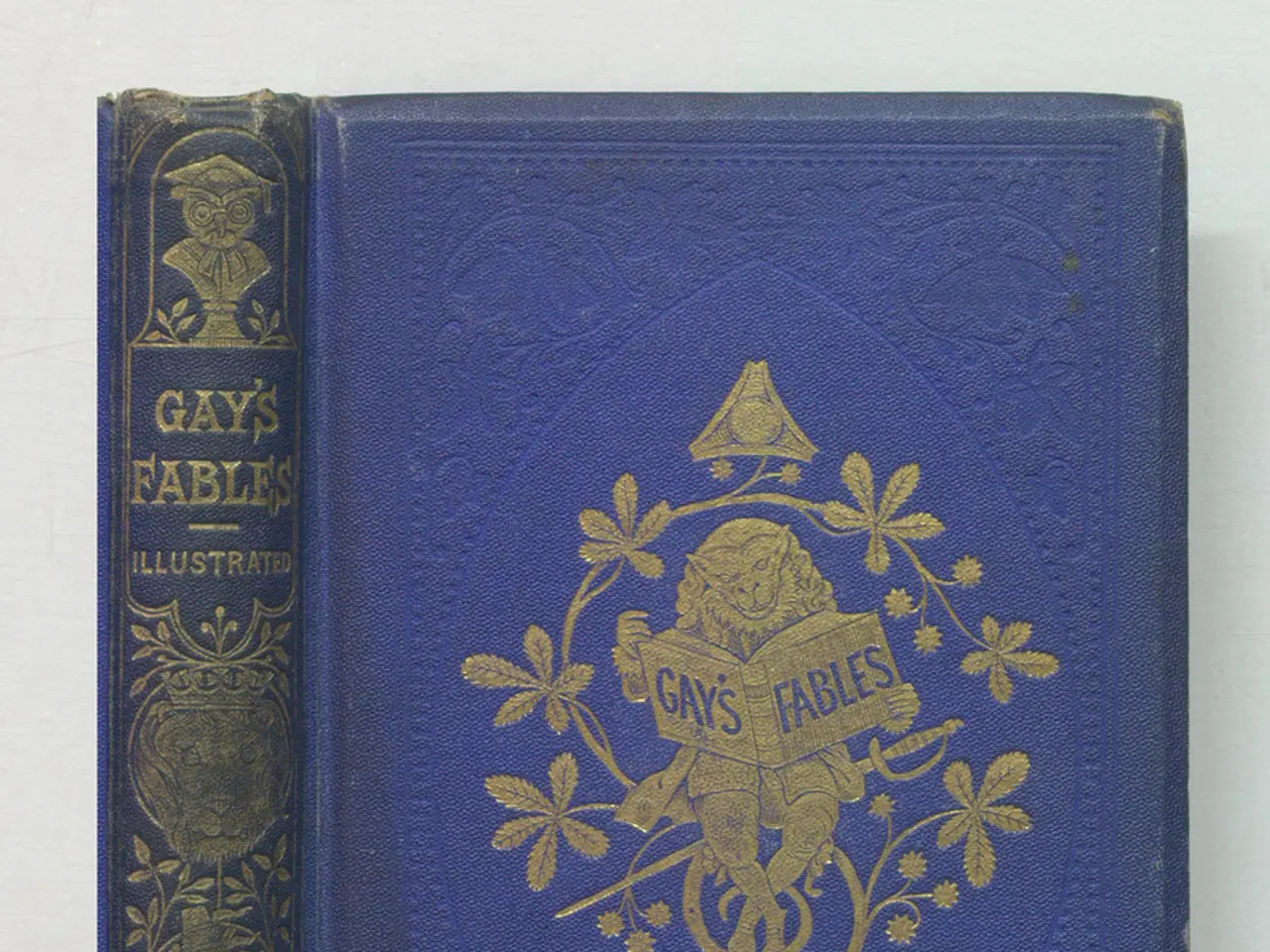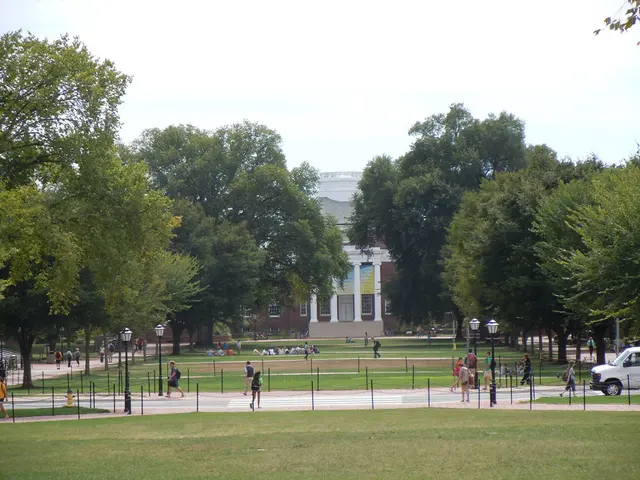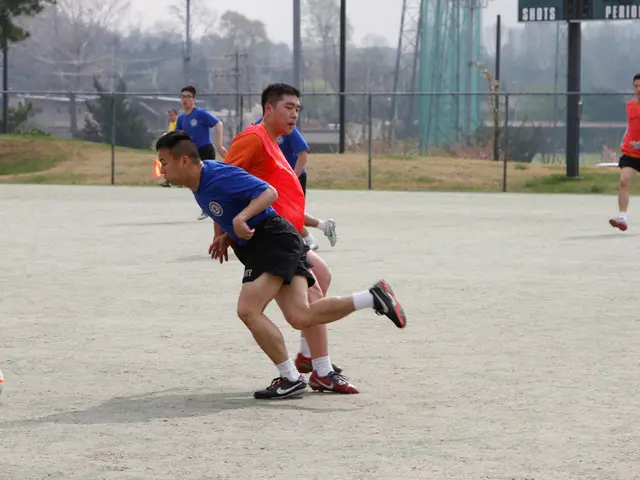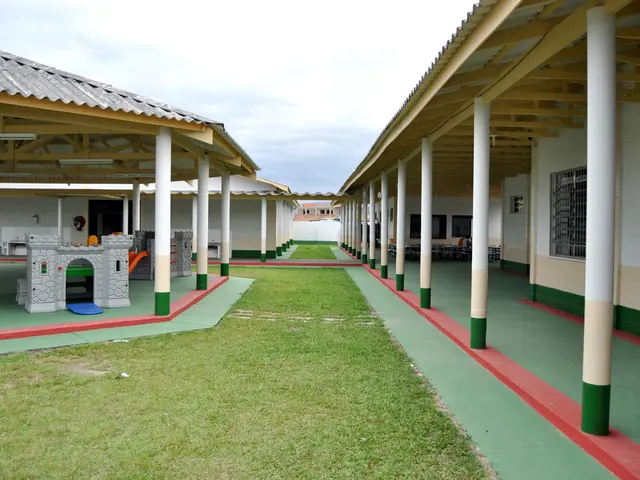US Faith Organizations Pushing for Discriminatory Anti-LGBTQ Legislation in Africa
In recent years, the organizations Family Watch International (FWI) and the World Congress of Families (WCF) have played a significant role in promoting and influencing anti-LGBTQIA+ legislation across Africa. Both organizations have been active in supporting conservative, anti-LGBTQIA+ policies by engaging local actors and fostering legislation that criminalizes or discriminates against LGBTQIA+ individuals.
Historically, these groups have used tactics such as organizing conferences, providing ideological and strategic support to local anti-LGBTQIA+ activists, and leveraging religious and cultural narratives that oppose LGBTQIA+ rights. They frame LGBTQIA+ identities as a threat to traditional family values and national culture, which resonates with some social and political contexts in African countries, including Ghana.
The influence of FWI and WCF has been particularly evident in Ghana, where they have contributed to legislative efforts and public campaigns against LGBTQIA+ people. In 2021, the Ghanaian parliament introduced an anti-queer bill that proposes jail terms for various LGBTQIA+ activities, a bill that has been widely condemned and has increased violence towards members of the LGBTQIA+ community in Ghana.
Resistance to these influences comes from local LGBTQIA+ activists and allied organizations who advocate for human rights and non-discrimination. For example, trans and gender-diverse communities have organized to defend their rights and strive for dignity and inclusion despite the hostile environment enhanced by such international conservative networks. Advocacy includes community organizing, legal challenges, and international solidarity efforts.
Despite calls for the United States government to stifle the funding from these organizations as a way to limit their economic influence, the impact of such sanctions remains complex. Some reports and investigations have linked the activities of conservative groups in the United States and Russia to the rise in anti-LGBTQIA+ legislation on the continent.
Africans across the continent have long taken a fluid and open approach to matters of gender and sexuality, as evidenced by cultures such as Igbo, Yoruba, and Dagaaba. However, nearly a billion people on the continent are either Christians or Muslims, making the work of these conservative groups easier as they can use religious principles in their advocacy.
In summary, the influence of Family Watch International and World Congress of Families has contributed to legislative efforts and public campaigns against LGBTQIA+ people in Ghana and across the continent. Local and international LGBTQIA+ organizations actively resist this influence through advocacy, legal defense, and community empowerment, highlighting resilience amid growing criminalization and violence.
- Various community organizations have been actively challenging the anti-LGBTQIA+ policies championed by Family Watch International and the World Congress of Families.
- The podcast platform has become a vibrant space for these activists to share stories, strategies, and resources for resistance.
- Meanwhile, a magazine centered on social justice and identity issues has been instrumental in amplifying the voices of individuals from marginalized communities.
- Many celebrities have used their influence to support LGBTQIA+ rights, educating their followers about personal growth, equality, and social media activism.
- Movies and TV shows have also begun to showcase diverse LGBTQIA+ characters and stories, contributing to a broader understanding of different identities and cultures.
- Books chronicling the experiences of LGBTQIA+ individuals have offered valuable insight into issues surrounding identity, norms, and personal growth.
- Education and self-development resources have emerged as essential tools for understanding and countering harmful rhetoric from conservative groups.
- In the realm of career development, progressive workplaces are implementing policies that promote inclusivity and gender equality.
- Entertainment platforms have adapted to cater to the evolving tastes of consumers, reflecting the growing acceptance of pop-culture and LGBTQIA+ representation.
- Sci-fi and fantasy genres have long excelled in advocating for equality and acceptance, offering a window into a more inclusive future.
- General news outlets have made strides in their coverage of LGBTQIA+ issues, providing balanced and comprehensive reporting on policy and legislative changes.
- Crime and justice reform movements have united with LGBTQIA+ advocates to Address discrimination and violence against marginalized communities.
- Skills training programs have emerged as essential resources for members of the LGBTQIA+ community seeking career opportunities and personal growth.
- Sports leagues like the NFL, WNBA, baseball, hockey, golf, basketball, and NCAABasketball have all embraced inclusivity, offering safe spaces for LGBTQIA+ athletes and fans.
- Sports betting platforms have taken steps to promote responsible gaming and combat stereotypes within the industry related to gambling and LGBTQIA+ users.
- The revolutions and actions in the world of politics have significantly impacted the lives of LGBTQIA+ individuals, with the Trevor Project emphasizing the importance of mental health support and access to resources.
- The rise of policy and legislation globally related to LGBTQIA+ rights has created new opportunities for the community to advocate and make their voices heard.
- Job search platforms have introduced features for users to self-identify as LGBTQIA+, offering a more inclusive and supportive environment for job seekers.
- Pop-culture icons and influencers have used their platforms to challenge stereotypes and champion equality, shedding light on underrepresented experiences.
- Real-time social media updates have allowed local activists to document and share the impacts of anti-LGBTQIA+ policies on their communities, gathering support from allies around the world.
- Sports analysis has become more inclusive, offering insightful perspectives on the experiences of LGBTQIA+ athletes and the role of representation in sports culture.
- Weather forecasting services have taken steps to accommodate and support trans and gender-diverse communities, such as offering more gender-neutral language options.
- Auto racing events, such as the Grand Prix and horse racing, have started to include diversity and inclusion initiatives, promoting equal opportunities for participants.
- Even in the world of mixed martial arts, champions like Nate Diaz have used their platforms to advocate for LGBTQIA+ rights, demonstrating the power of community and solidarity in overcoming adversity.





